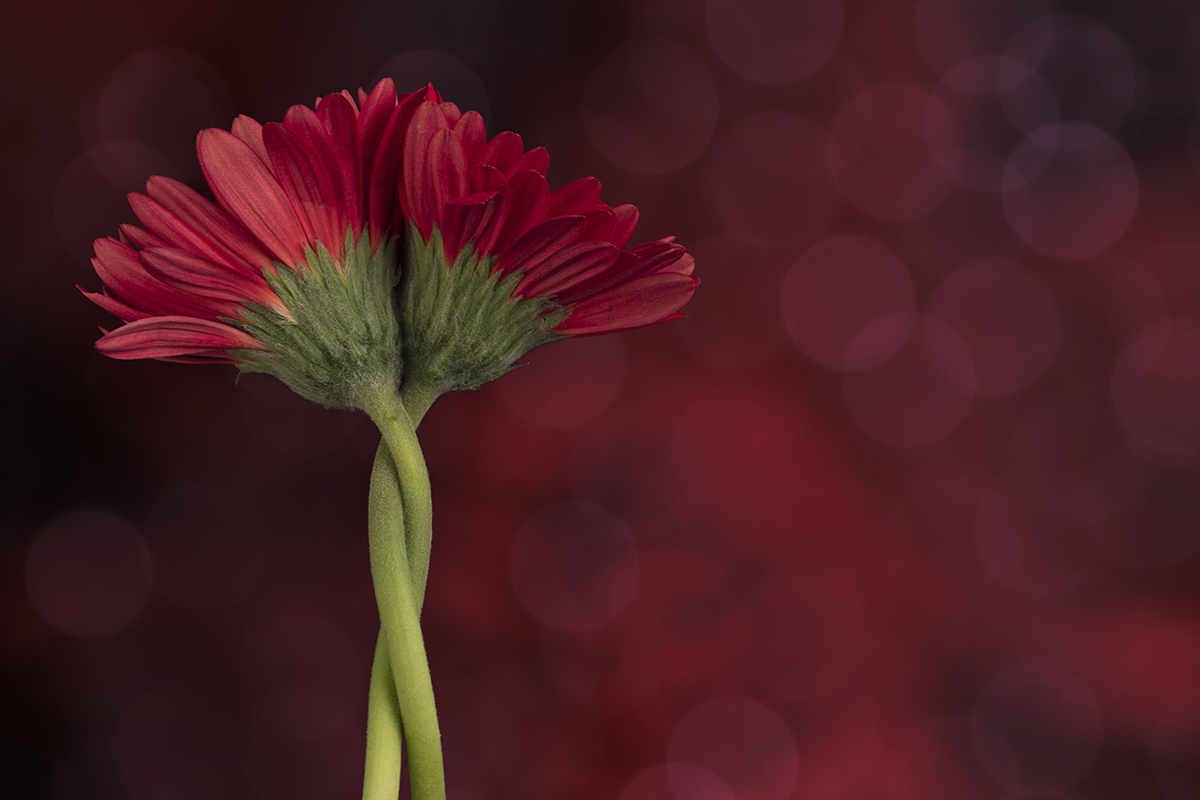Many books and articles about bereavement understandably tend to focus on the grief and suffering of those who are left behind. There is far less written about those who have seemingly “departed”, “passed on”, or in some people’s minds “passed away”; still less about the relationship that perhaps can still be fostered between “us and them”.
Partly because my mother committed suicide when I was in my twenties – though my interest in what happens after death began much earlier – I have thought a great deal over the years about what is sometimes called “the spiritual world”. This inner journey of mine has been hugely deepened since the death of my wife three years ago.
For me the night, and in particular sleep (traditionally called “the little death”), has been a great comfort. For it is here, I sense, that what is eternal in each one of us moves into that realm outside of time and space where death has no meaning; and it is then that this essence is reunited with the eternal essence of those we love. Even during the day there is, I believe, a communion constantly taking place – though for the most part unconsciously – whereby we can be helped, inspired, and comforted by those with whom we share a deep bond.
In his book The Circling Year the poet Ronald Blythe writes: “Our mistake has always been to have believed that our immortal life begins when our mortal life ends, when in fact these dual states of our being, the temporal and the eternal, run side by side from our birth.”
One way I have found helpful in bridging the temporal with the eternal, and thereby to deepen the connection with my wife, has been to start writing poetry. “Meditations on death, bereavement and hope” is how I have described my collection, entitled No Shore Too Far.
One poem, which I’ve called Alive, expresses my strong conviction that what we call “life” does not cease when our physical body dies; it begins with these words:
‘It’s strange’, you said,
‘how well I feel;’
and then you spoke another word
that helped me cope,
that helped me see
a deeper truth at work.
‘Alive,’ you said,
‘so much alive.’
And as your body slowly died,
that life in you it grew and grew
and so outshone what met our eyes
as words, too, fell away.
Other themes that I explore include memory and consciousness, the mysteries of time and space, and the human being as a microcosm of the macrocosm. But what underlies everything that I’ve written is my urge to listen more intently to what whispers to us from behind the scenes, as it were, as well as to share with those who have died what is unfolding in the here and now.
What I often then experience is a silent dialogue in which my wife and other friends who are no longer physically alive, along with the angelic beings among whom they dwell, are gently reminding me of a bigger picture. And in return I try to bring to them experiences and insights from my daily life that perhaps can only occur while we live on Earth.
In the last lines of a poem called A Helping Hand I acknowledge this interconnectedness, as well as my hope that the love and gratitude I feel towards my wife, together with my thoughts and prayers, are helpful:
Perhaps we’re even holding hands,
this hand with which I write;
and what I try to share with you,
it is perhaps your gift to me –
the poems are by us.
Some of the poems are also intimations that in our efforts to extend boundaries of every sort there is, in fact, no shore too far.
Jonathan Stedall has made documentary films for over fifty years, mainly at the BBC. His website is www.jonathanstedall.co.uk and his book No Shore Too Far is available for purchase from Cygnus Books. This article was published in the Spring 2018 Cygnus Review.







